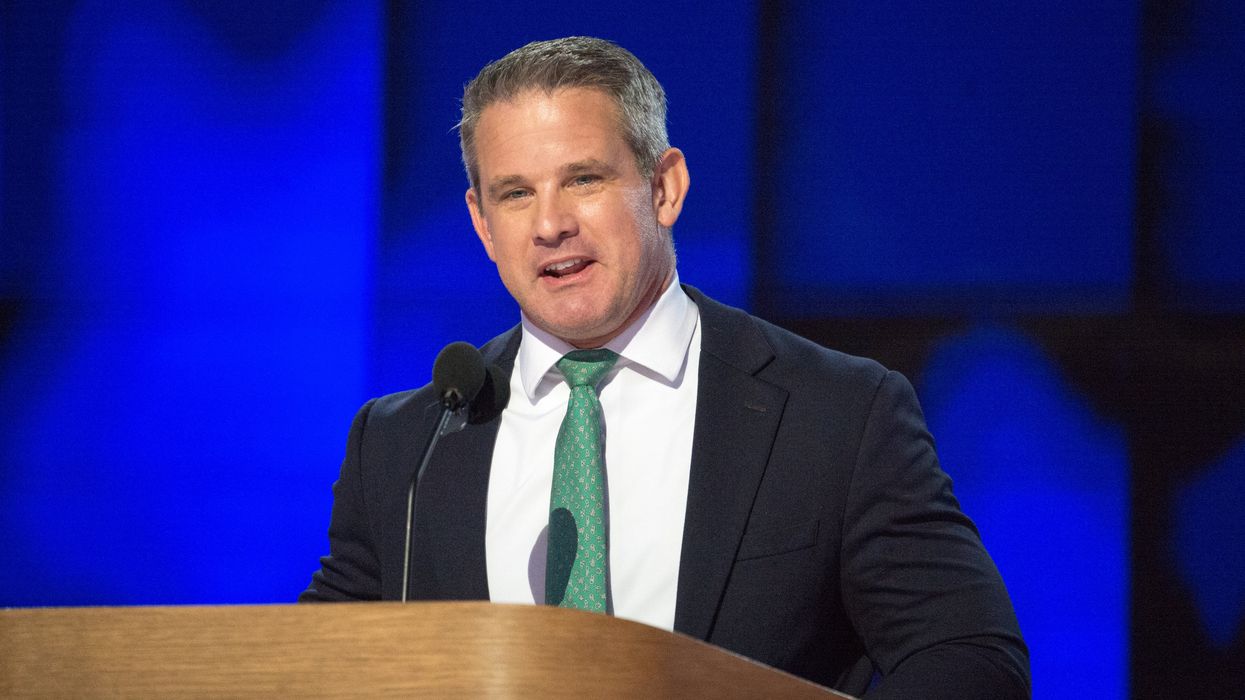Corbin is professor emeritus of marketing at the University of Northern Iowa.
There’s only a few weeks remaining before the 2024 presidential election comes to a close — that is, pending election certification, recounts, challenges and lawsuits. Ed Kilgore, political columnist for New York magazine since 2015, estimates that only 4 percent to 7 percent of the electorate is genuinely undecided.
However, there might be a bigger problem for both the Trump-Vance and Harris-Walz campaigns. That is, Pew Research Center’s analysis of the past three elections reveals 63 percent of Americans — an alarming number — are not dependable voters. Sometimes they vote and sometimes they don’t. These voters are referred to as irregular voters.
What might influence the undecided and irregular voters won’t be former President Donald Trump’s promises or Vice President Kamala Harris’ platitudes, per se, but rather endorsements by people of influence and/or by political loyalists announcing they are voting for a person from the “other side.”
Let’s explore what’s been happening along these lines.
The Trump side
In late August, Trump announced two former Democrats had been appointed to his transition team: Robert F. Kennedy Jr. and Tulsi Gabbard. Kennedy, a former Democrat, had been running for president as an independent before ending his campaign in August. Five months ago, Trump called Kennedy a “radical left lunatic.”
Gabbard, who served Hawaii in the House of Representatives, left the Democratic Party in 2022. The Daily Beast reported that in 2023 she spoke at a “Russian Patriot” rally on Washington, D.C.’s National Mall along with former Democratic Rep. Dennis Kucinich (D-Ohio), Libertarian-leaning former Rep. Ron Paul (R-Texas) and Green Party presidential candidate Jill Stein.
Two other Democrats have endorsed Trump: Ruben Diaz Sr., a former New York City councilmember and state senator, and Rod Blagojevich, former Illinois governor who was released from prison after Trump pardoned him and cut short his 14-year sentence related to political corruption.
Three current Democratic members of the House (Jared Golden of Maine, Josh Harder of California and Mary Peltola of Alaska) along with three Democrats running against GOP candidates (Lanon Baccam in Iowa, Adam Frisch in Colorado and Janelle Stelson in Pennsylvania) have not formally endorsed Harris. They may throw their support to Trump.
The Guardian reports more than 60 billionaires, technology titans and venture capitalists are backing Trump’s campaign.
The Harris side
CNBC News reported on Sept. 24 that 405 economists endorsed Harris over Trump.
In a Sept. 18 letter published by The New York Times, 111 Republicans — former staffers who served in the Ronald Reagan, George H.W. Bush, George W. Bush and/or Trump administrations and members of Congress — announced they are backing Harris. They wrote: “Of course, we have plenty of honest, ideological disagreements with Vice President Harris and Gov. Walz. That’s to be expected. The alternative, however, is simply untenable.”
On Sept. 22, 741 former national security officials — made up of bipartisan senior leaders — endorsed Harris for president, calling Trump “impulsive and ill-informed.”
On Sept. 6, 88 corporate leaders signed a letter endorsing Harris. Signers included James Murdoch (an heir to the Murdoch family media empire, which includes Fox News and the Wall Street Journal), Facebook co-founder Dustin Moskovitz and more than a dozen who made their fortunes on Wall Street.
The Republicans for Harris website says “over 100,000 people have joined this campaign within a campaign.”
Thirty-six news agencies have endorsed Harris, compared to seven endorsing Trump’s candidacy.
Traditionally, endorsements have played a major role in giving one side or the other an advantage. With the Trump-Harris race extremely close, this may be the year party-switchers, billionaires, national security officers, presidential staffers and economists sway the undecided and irregular voters to determine who will be America’s 47th president.
A special plea to the irregular voters: Don’t sit out this election. Vote on Nov. 5, because the research makes clear the future of democracy is at stake.




















 From left to right: Gabriel Cardona-Fox, Bud Branch, Joe Concienne
From left to right: Gabriel Cardona-Fox, Bud Branch, Joe Concienne 